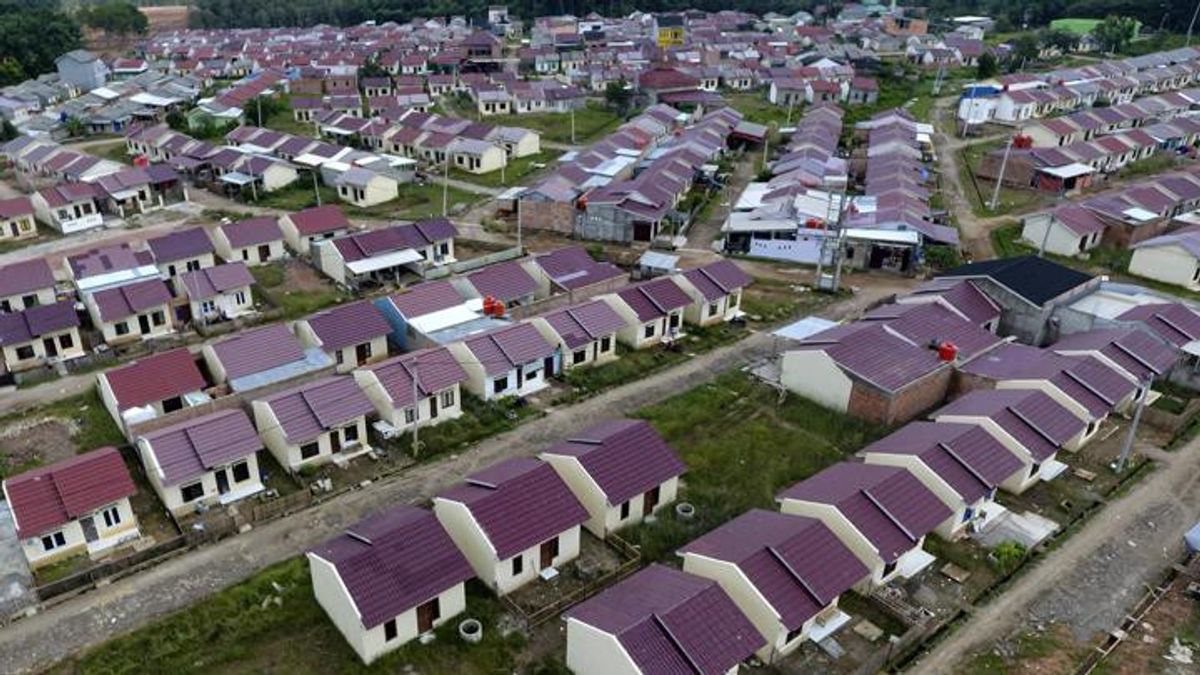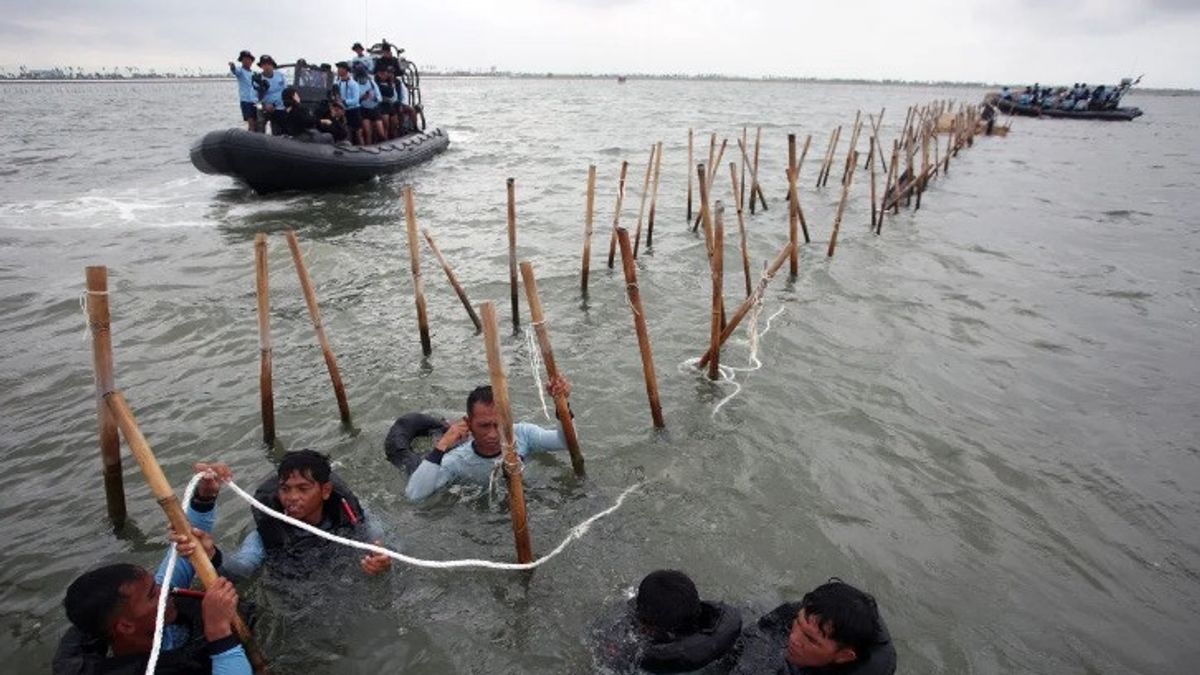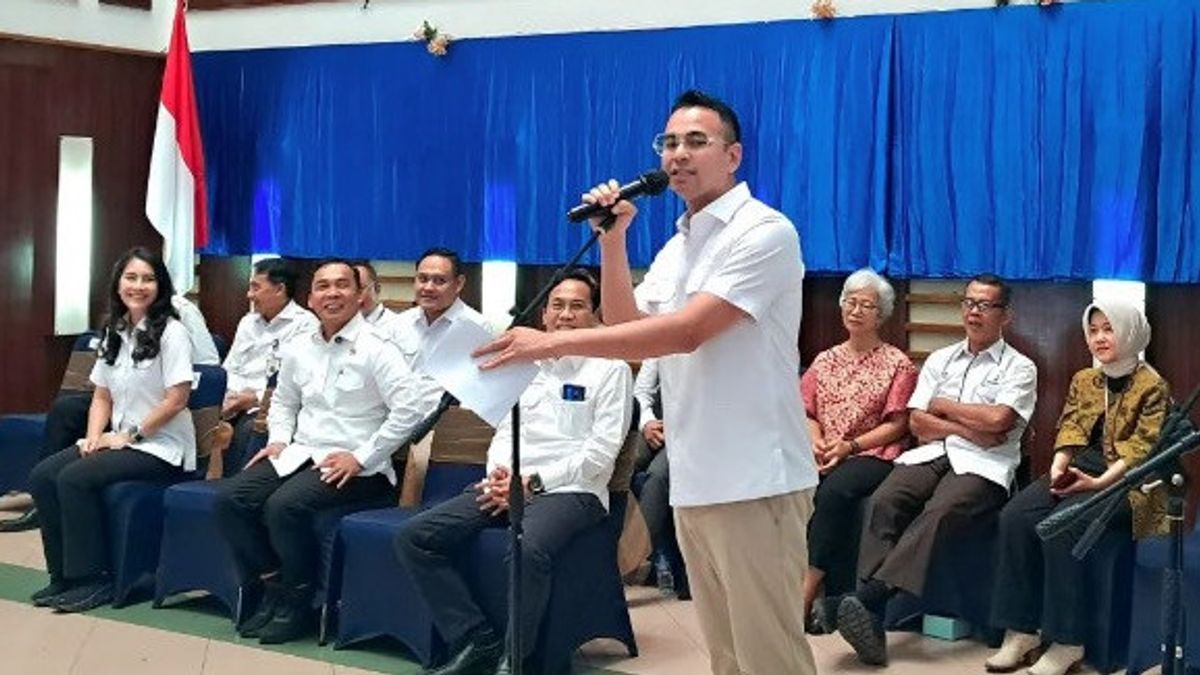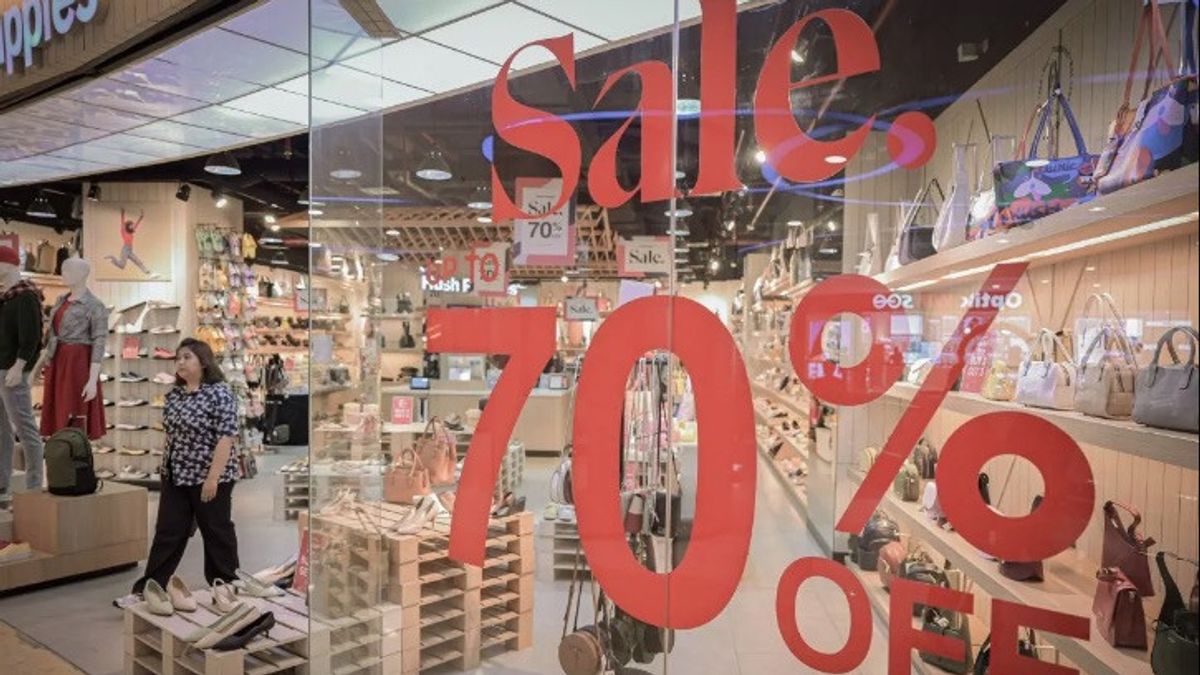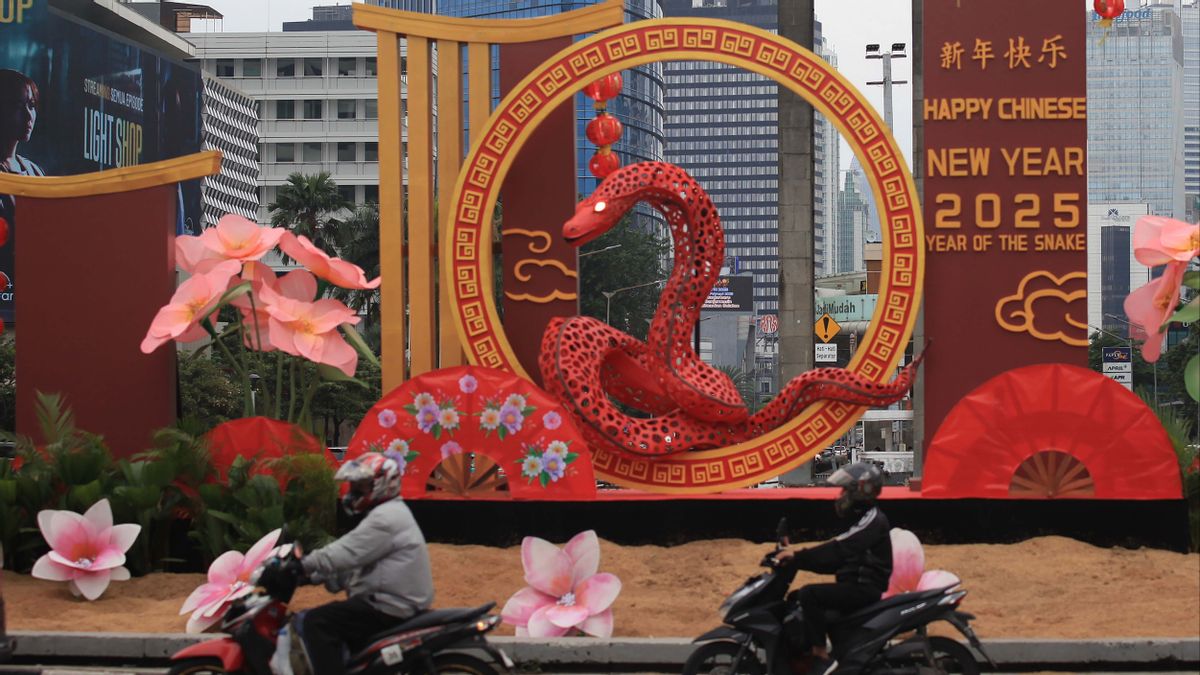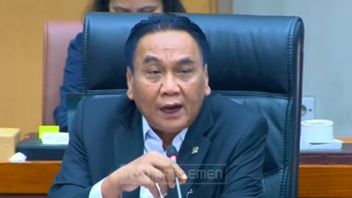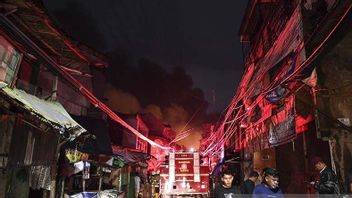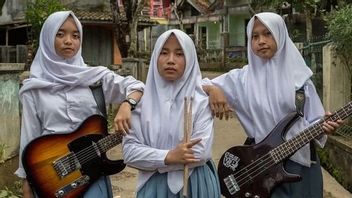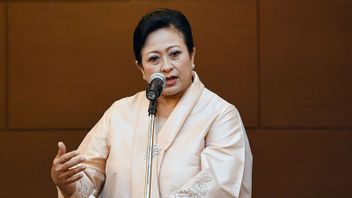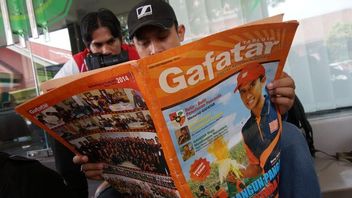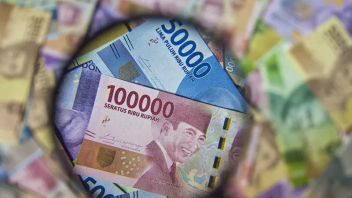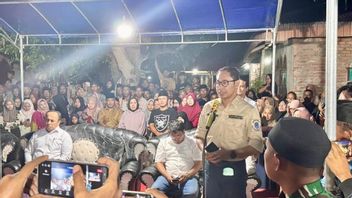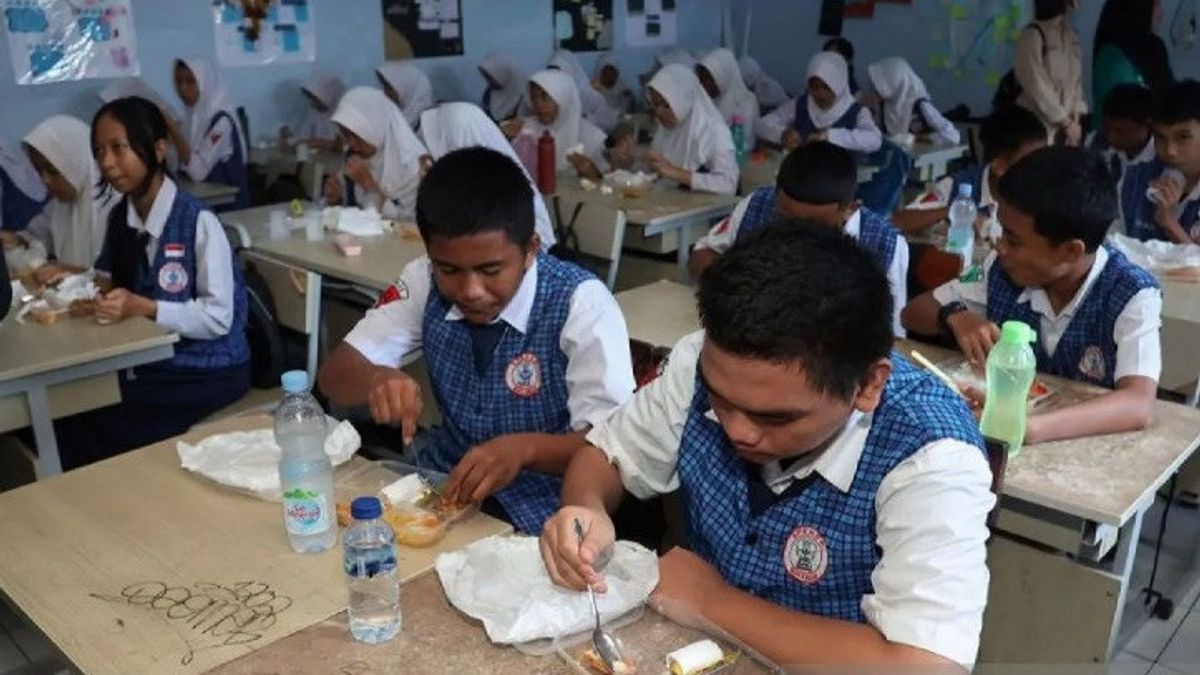
JAKARTA The Free Nutrition Food Program (MBG) which is the mainstay of President Prabowo Subianto and Vice President Gibran Rakabuming Raka continues to receive attention. The very large MBG budget is said to have claimed victims, including the public transportation budget.
The MBG program, which has been running since January 6, 2025, continues to draw criticism. The limited budget, only IDR 71 trillion for this year, which has been designed by the government, is predicted to only be sufficient until next June.
Coordinating Minister for Food Affairs Zulkifli Hasan said that an additional budget of Rp140 trillion is needed so that the MBG program runs until the end of this year. in other words, this program will cost at least Rp210 trillion.
For the sake of the MBG program running smoothly, the government is said to have to circumcise the budget of other programs, including public transportation. Even though public transportation no longer only talks about traffic jams, it also correlates with poverty and even children drop out of school.
Deputy Chairperson of the Empowerment and Development of the Indonesian Transportation Community Region (MTI) Central Djoko Setijowarno regretted the cutting of the public transportation budget to finance MBG.
"Public transportation that is not well managed can have various impacts on people's lives," said Djoko in a statement received by VOI.
In a number of areas in Central Java, some children have to drop out of school because public transportation is no longer available in their area. The dropout rate has increased which has an effect on increasing the number of early marriages while increasing the birth of stunted babies," he added.
In today's era, said Djoko, public transportation is not just a solution to congestion, but has a big correlation with the poverty rate. Poor areas are often faced with poor access to transportation, so it has the demand to exacerbate inequality.
Regretfully, the public transportation budget was also sacrificed to support the MBG program. Although this program has a noble purpose, less selective budget policies have a serious impact on other sectors that are also crucial.
The Ministry of Transportation previously allocated a budget of IDR 437.9 billion in 2024 for the Buy The Service (BTS) program in 11 cities with a total of 46 corridors.
However, this figure has shrunk to IDR 177.5 billion for six old cities and two new cities this year. Each city receives different funds, ranging from IDR 8.7 billion to IDR 37.6 billion. But that number is said to be far from sufficient words to meet the budget of the people, especially the marginalized poor.
According to Djoko Setijowarno, the policies of the government, which are considered to have neglected MBG and ignored public transportation, are an irony considering that there is a target for Indonesia Gold 2045 that must be achieved.
"It is ironic, in the midst of the government's efforts to want an advanced Indonesia with the spirit of heading to Indonesia Gold 2045, but for public transportation matters it is ignored," said Djoko in a statement received by VOI.
"Promises to provide urban transportation subsidies are forgotten. Indonesia Gold 2045 is just a dream. It should be understood that public transportation is an indicator of a habitable city," he added.
The existence of public transportation is not only a solution to overcome congestion and reduce air pollution. In Indonesia, public transportation has more impact than that, according to Djoko.
Public transportation that is not well managed can have various impacts on people's lives. He gave an example of a number of areas in Central Java, some children had to drop out of school because public transportation was no longer available in their area.
The number of school dropouts has increased which has an effect on increasing the number of early marriages while increasing the birth of stunted babies.
In addition, he is worried that the low level of urban public transportation services amidst the dependence of the community to use private vehicles has the potential to reduce the number of public transportation operating.
"The spread of existing conditions will accelerate the loss of public transportation services. Government intervention is needed to avoid the failure of the urban transportation service market," said Djoko.
According to his records, in Indonesia there are currently 552 local governments consisting of 38 provinces, 416 districts, and 96 cities.
"If now only 14 cities are repaired, when will public transportation in all local governments be realized?" he said.
According to Djoko, the existence of public transportation is also one of the determinants of inflation. The better the general transportation, the lower the inflation rate. On the other hand, areas that do not have public transportation have high inflation.
In Palembang, for example, the Angkot Feeder Musi Emas program is included in controlling inflation and extreme poverty because at free costs the community is greatly helped to carry out daily activities.
Likewise, with pioneer transportation buses in Kutai Kartanegara Regency, there is one route from Samarinda-Kembang Janggut, Kukar Regency, a decree was made by the Regent of Kab. Kutai Kartanegara to extend operations from Kembang Janggut Tabang which was given subsidies with the same bus amounting to Rp140 million per year and has been running for 4 years.
"The operation of the bus is one of the efforts of the Kutai Kartanegara Regency Government to control regional inflation, so that every year it provides a budget," he said.
SEE ALSO:
Seeing his huge role, Djoko Setijowarno hopes that the government will not reduce the budget for public transportation subsidies, and it should be increased.
"So that the goal of realizing Indonesia Gold 2045 is not just a dream, but will come true," he said.
The English, Chinese, Japanese, Arabic, and French versions are automatically generated by the AI. So there may still be inaccuracies in translating, please always see Indonesian as our main language. (system supported by DigitalSiber.id)

